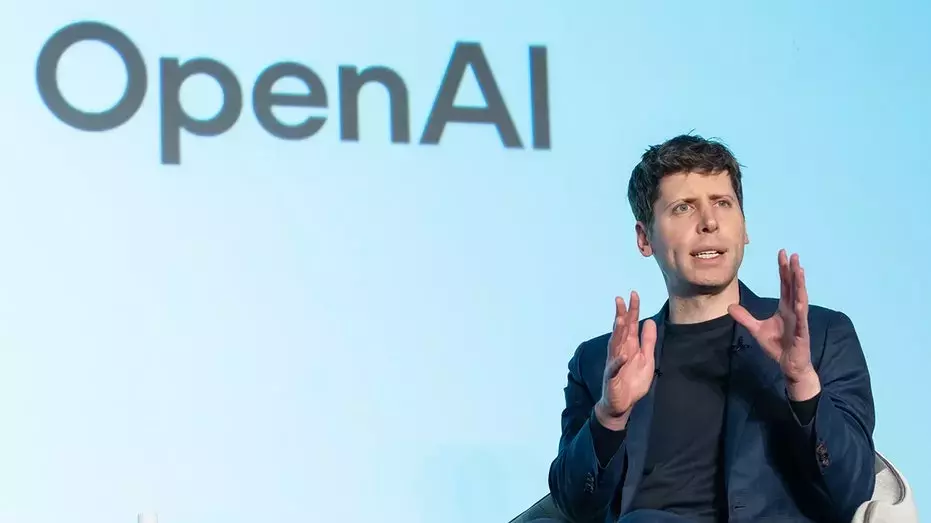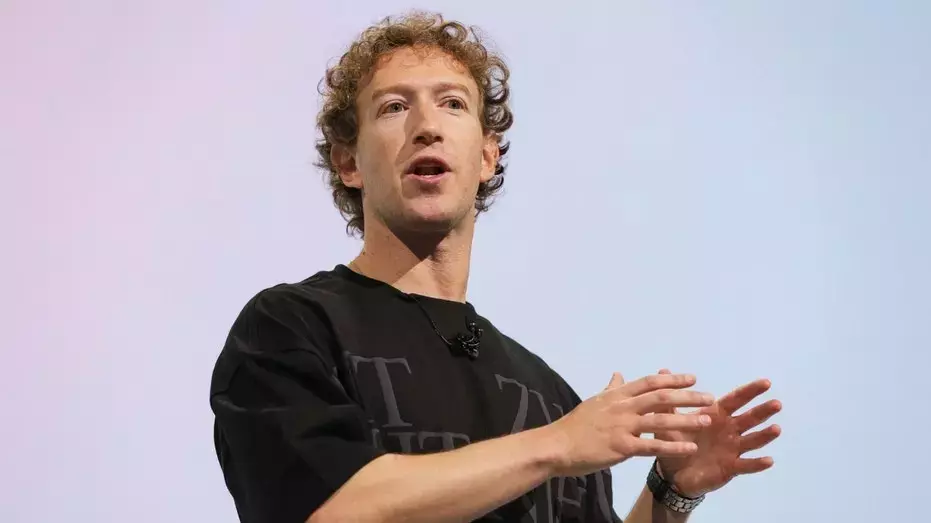




Unveiling the High-Stakes Race for AI Excellence
The rivalry between Meta and OpenAI is intensifying as both companies vie for supremacy in artificial intelligence development. With lucrative offers on the table and an increasing focus on building cutting-edge teams, this battle highlights the critical role that human capital plays in driving technological progress.
Meta’s Ambitious Pursuit of OpenAI Talent
According to recent revelations, Meta has embarked on a bold recruitment campaign targeting key personnel at OpenAI. Reports suggest that the company is offering astronomical incentives, including signing bonuses exceeding $100 million, to attract some of OpenAI’s most talented individuals. CEO Sam Altman confirmed these aggressive tactics during a podcast interview with his brother, emphasizing the intensity of the competition.
This strategic maneuver underscores Meta's determination to establish itself as a leader in the burgeoning field of artificial intelligence. By assembling a team capable of achieving superintelligence—a level of cognitive ability surpassing human capabilities—Meta aims not only to match but potentially outpace its competitors. Such aspirations reflect broader ambitions within the tech sector to leverage AI for transformative applications across industries.
OpenAI's Resilience Amidst External Pressures
Despite Meta's enticing propositions, none of OpenAI’s premier employees have reportedly succumbed to the allure of such extravagant packages. This steadfast loyalty suggests strong internal cohesion and alignment with OpenAI’s mission, which centers around ethical AI advancements and fostering beneficial societal impacts through innovative research.
Sam Altman acknowledged awareness of Meta viewing OpenAI as its primary competitor, further fueling tensions between the two entities. This acknowledgment serves as validation of OpenAI’s prominence in the AI ecosystem while simultaneously highlighting challenges posed by external forces seeking to dismantle its competitive edge.
Intensified Competition in the AI Workforce Market
As demand for skilled AI professionals skyrockets, organizations worldwide recognize the pivotal influence individual contributors wield over corporate trajectories. In today's hyper-competitive environment, securing exceptional talent often equates to securing long-term success. Consequently, firms like Meta invest heavily in recruiting campaigns designed to lure elite specialists away from rivals.
For instance, Bloomberg News disclosed plans by Mark Zuckerberg to personally oversee recruitment efforts for a specialized superintelligence unit comprising approximately fifty elite researchers and engineers. This hands-on approach demonstrates Meta’s commitment to nurturing excellence internally rather than solely relying on acquisitions or partnerships alone.
Significant Investments Shaping Future Directions
Earlier announcements revealed Meta earmarking substantial resources toward AI initiatives, committing $65 billion specifically for 2025 investments. These funds will support infrastructural enhancements, including constructing state-of-the-art data centers essential for advancing complex algorithms and models integral to next-generation technologies.
Such monumental financial allocations underscore Meta’s vision of integrating advanced AI capabilities into core operations, enhancing user experiences across platforms like Facebook, Instagram, and WhatsApp. Moreover, it positions Meta favorably amidst global shifts towards AI-driven solutions expected to revolutionize multiple sectors ranging from healthcare to entertainment.
Broader Implications for Innovation Leadership
Beyond immediate gains associated with acquiring high-caliber talent, ongoing recruitment battles signify deeper implications concerning leadership roles within the AI domain. Companies demonstrating foresight and adaptability in navigating talent acquisition dynamics position themselves advantageously when addressing emerging challenges and opportunities.
Ultimately, the interplay between Meta and OpenAI exemplifies broader trends shaping modern business landscapes. As enterprises increasingly prioritize intellectual capital alongside traditional assets, understanding nuanced aspects of talent management becomes crucial for sustaining growth and maintaining relevance in an ever-evolving digital age.
